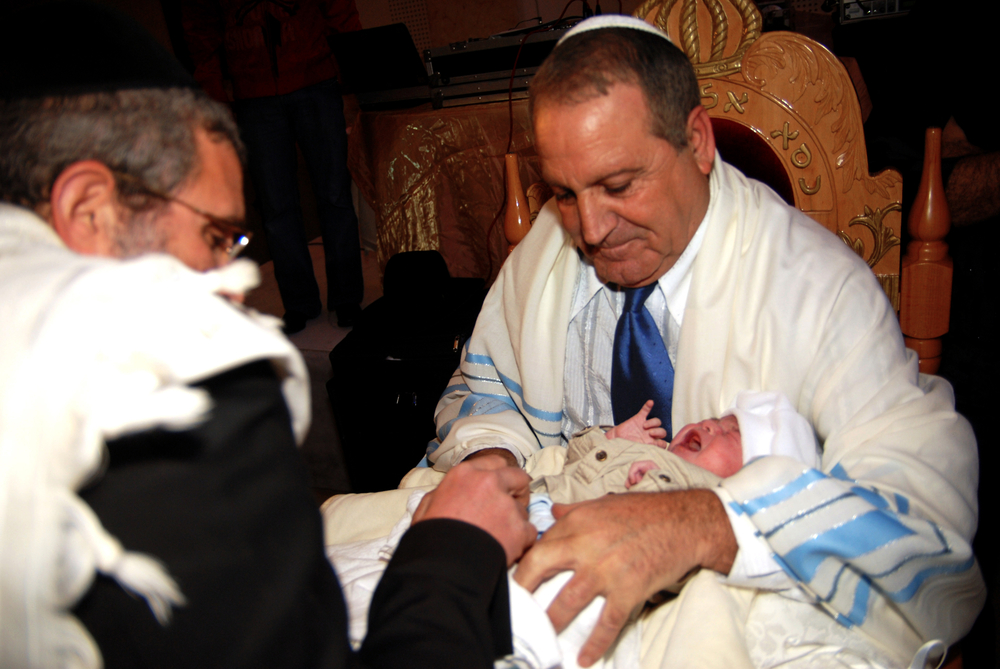The Mourning of a Metzora: A Reflection on Sin
This week’s Torah reading discusses the laws of a Metzora – someone afflicted with the unique disease of Tzara’at. One of the things a Metzora must do is let his facial hair grow, as an act of mourning. What is it that the Metzora is mourning? Is he mourning his misfortune of being afflicted? The Iben Ezra explains that that the Metzora is actually supposed to be mourning his sins. The Talmud states that Tzara’at was a special punishment administrated for specific sins. Now that the tzara’at has brought to his attention that fact that he has sinned, is incumbent upon him to mourn his misdeeds.
Understanding the Severity of Sin
Rabeinu Yonah teaches us (Sha’arei Teshuvah 1:12) that feeling anguish over one’s sins is a fundamental principle in doing teshuvah (repentance). By nature, most people don’t view a sin they had committed as a big deal – and certainly not as a matter deserving of distress and mourning. Ordinarily, when one realizes he transgressed a Torah law or has acted inappropriately according to Torah values, he shrugs off the incident with a casual, “Oops. I guess I shouldn’t have done that.” Perhaps he might feel guilty for a few moments and resolve more earnestly to make sure it doesn’t happen again. But is this reaction befitting for a loss of such magnitude? Rabeinu Yonah elaborates on this point and says that when someone loses a little bit of money, he feels pained by the loss. But if a person lost all his money, he would be beside himself in agony and distress. When it comes to other troubles in life, a person can remain with emotional pain forever and always feel distraught about his loss. But more than everything, a person who betrayed his Creator should feel even more pain and agony.
Taking Sin Seriously
Rabbi Yakov Betzalel Zolty was once present at a local synagogue in Jerusalem on Sukkos, when he found Rabbi Dovid Bahran, a respectable figure of the community, sobbing, as if a tragedy had occurred. Rabbi Zolty quickly approached Rabbi Bahran to find out what had happened and see what he could do to help. Through his sobs, Rabbi Bahran told him that he had lifted the four species one is required to grasp on Sukkos, and made a blessing on it, without noticing that one of the species had slipped out. Since one of the species was missing, he had not fulfilled this Mitzvah (commandment) at that time, and the blessing he made was in vain. Making a blessing with mentioning God’s name in vain is a serious error, and that’s why he was so upset. Rabbi Zolty tried to console him by mentioning that there is an opinion that one fulfills the Mitzvah by taking each of the species separately, so therefore according to that opinion the blessing was not in vain. But Rabbi Bahran refused to be consoled since we do not abide by this opinion.
Immediate Repentance: A Call to Action
Don’t wait to do teshuvah. Don’t wait for Rosh Hashanah or Yom Kippur. Don’t wait to be punished. Mourn your sins as soon as you acknowledge your mistake. Take the matter seriously, as one would take any other significant loss one experiences in life. When a severe loss occurs, one doesn’t procrastinate dealing with it. A serious loss calls for immediate and significant attention. Although we may not appreciate the weight of a sin, and we may not feel naturally as if we incurred a major loss, we should do whatever is in our power to feel some anguish on some level. If anything, because we are lacking the sensitivity for feeling the value of such a loss, we ought to take the time to give as much attention as we can to deal with it as seriously as possible, on our level.
By Rabbi Yitzchok Aryeh Strimber torah4every1@gmail.com


